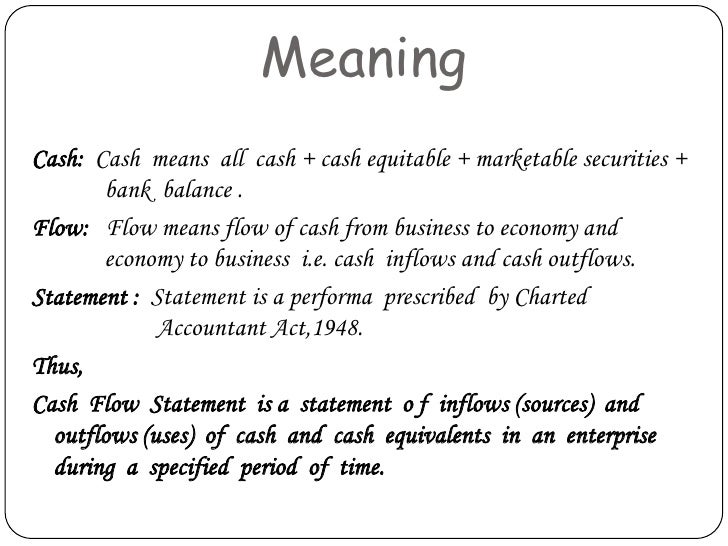
The flux following the death of the emperor Pathology (any deviation from a healthy or normal condition)Ī state of uncertainty about what should be done (usually following some important event) preceding the establishment of a new direction of action Soldering flux (flux applied to surfaces that are to be joined by soldering flux cleans the surfaces and results in a better bond)Įxcessive discharge of liquid from a cavity or organ (as in watery diarrhea) Radiant flux (the rate of flow of radiant energy (electromagnetic waves))įlow flowing (the motion characteristic of fluids (liquids or gases))įlux (become liquid or fluid when heated)Ī substance added to molten metals to bond with impurities that can then be readily removedĬhemical chemical substance (material produced by or used in a reaction involving changes in atoms or molecules) Neutron flux (the rate of flow of neutrons the number of neutrons passing through a unit area in unit time) Hyponyms (each of the following is a kind of "flux"): Rate (a magnitude or frequency relative to a time unit) Nouns denoting time and temporal relations The rate of flow of energy or particles across a given surface move or progress freely as if in a streamįamiliarity information: FLUX used as a verb is uncommon. (physics) the number of changes in energy flow across a given surface per unit areaįamiliarity information: FLUX used as a noun is common.ġ. the lines of force surrounding a permanent magnet or a moving charged particleħ. a state of uncertainty about what should be done (usually following some important event) preceding the establishment of a new direction of actionĦ. excessive discharge of liquid from a cavity or organ (as in watery diarrhea)ĥ. a substance added to molten metals to bond with impurities that can then be readily removedĤ. the rate of flow of energy or particles across a given surfaceģ. So in other words, the recipe varies.Dictionary entry overview: What does flux mean?ġ. Some common ingredients in refining flux are anhydrous borax, boric acid, soda ash, silica, fluorspar, potassium carbonate, and manganese dioxide. The composition of flux varies depending on the materials being melted. We’ll add more flux if the slag at the top starts to harden, or when we want the melt to pour more easily. However, the impurities in the melt are not, so they rise to the surface as slag.

One of gold’s most noteworthy properties is that it is extremely resistant to oxidation, so it’s unaffected by this reaction and sinks to the bottom. As the refining process continues, the flux causes the other materials to oxidize and breakdown even further. Once activated by the furnace’s high temperatures, the flux breaks down and lowers the melting points of all the other materials in the crucible. In metal refining, flux is used to help remove impurities and change the fluidity of the melt. Flux is a critical component of the refining process, so that analogy is pretty accurate (although, you definitely wouldn’t want to taste what we’re cooking)! But what is flux exactly and what does it do? Some clients say it looks like chefs adding a secret ingredient to their stew. Periodically, we add a bit of flux to the crucible and stir it into the melt. If you’ve recycled your precious metals at MGS and watched the refining process, you probably noticed that scrap isn’t the only material going into the furnace.


 0 kommentar(er)
0 kommentar(er)
